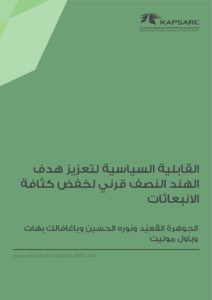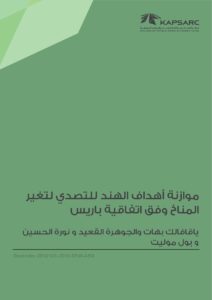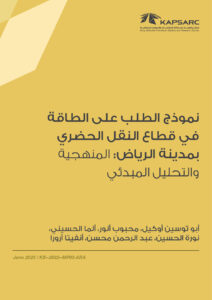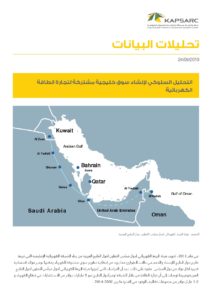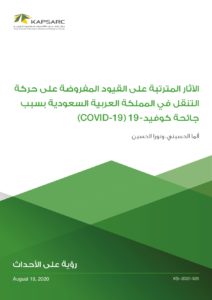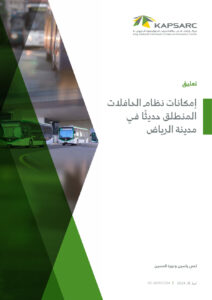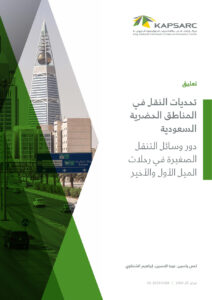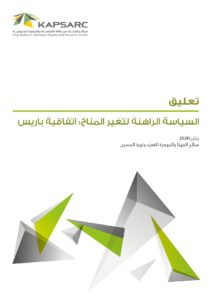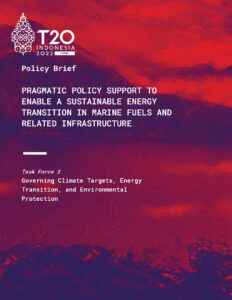باحث مشارك في برنامج النقل والبنية التحتية. تركز أعمالها على التحليل والنمذجة الجغرافية المكانية. وكانت سابقًا في برنامج علوم السياسة واتخاذ القرار في كابسارك، إذ كانت جزءًا من فريق تطوير مجموعة أدوات كابسارك للتحليل السلوكي. وهي حاصلة على درجة البكالوريوس في علوم الحاسب من جامعة الأمير سلطان.
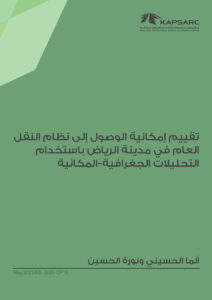
تقييم إمكانية الوصول إلى نظام النقل العام في مدينة الرياض باستخدام التحليلات الجغرافية-المكانية
يعد مشروع الملك عبد العزيز للنقل العام في مدينة الرياض أحد أكبر أنظمة النقل الحضري التي يتم تطويرها في العالم، ويهدف المشروع إلى تلبية مطالب سكان المدن المتزايدين في المناطق الحضرية فضلا عن تقليل شدة الازدحام المروري والاعتماد الشديد على السيارات الخاصة والحد من معدلات تلوث الهواء. وبما أن أداء أيّ نظام للنقل العام يعتمد بدرجة كبيرة على إمكانية الوصول إليه، لذلك تقوم هذه الدراسة بتقييم إمكانية وصول السكان إلى محطات النقل العام في مدينة الرياض باستخدام أدوات تحليل الشبكات القائمة على أنظمة المعلومات الجغرافية.
24th يونيو 2021
